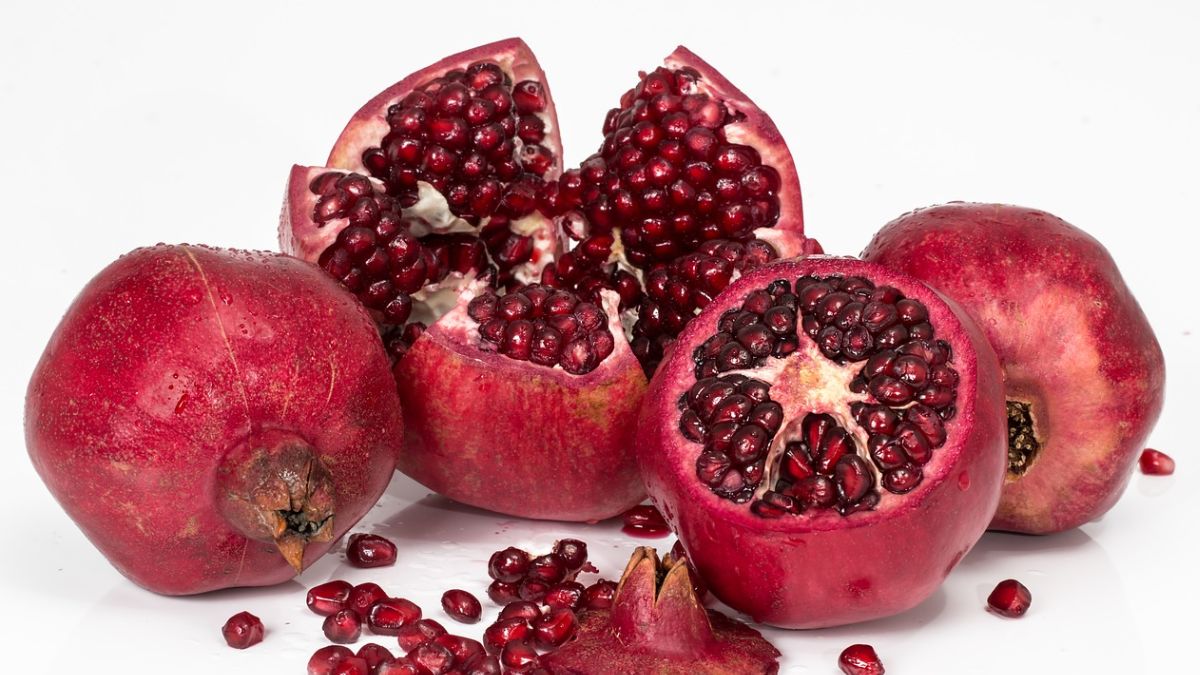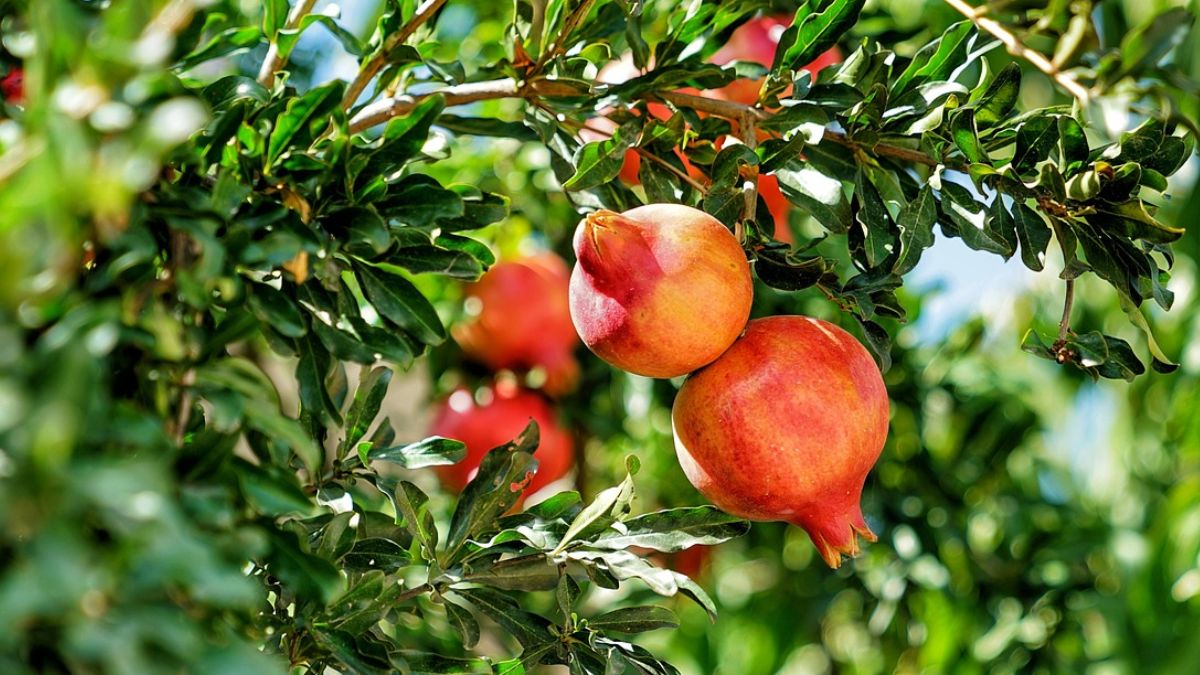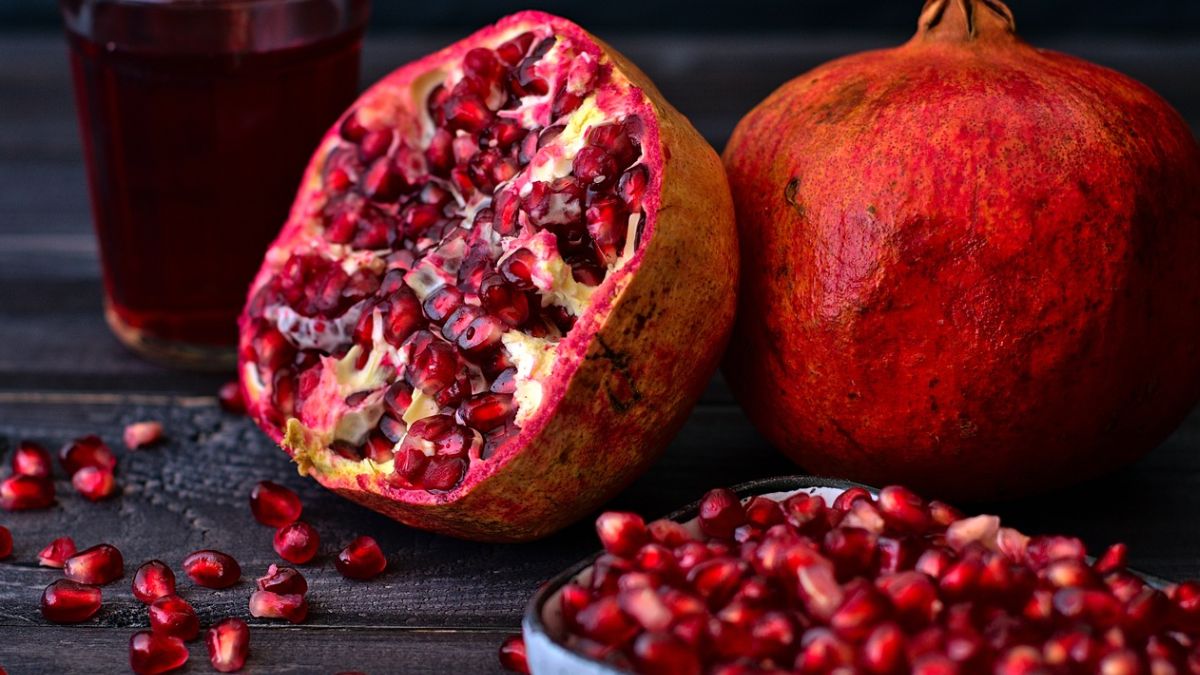Pomegranate, with its vibrant ruby-red arils and rich history, has long been revered for its exquisite taste and numerous health benefits. Beyond its delicious flavor, this ancient fruit holds a treasure trove of fascinating facts that make it a symbol of fertility, abundance, and vitality. In this article, we’ll unveil the top 10 intriguing facts about pomegranate, shedding light on its nutritional value, cultural significance, and culinary versatility.
Nutritional Powerhouse
Pomegranate is a nutritional powerhouse, packed with essential vitamins, minerals, and antioxidants. It is rich in vitamin C, vitamin K, potassium, and fiber, making it a valuable addition to a healthy diet. The antioxidants in pomegranate, such as punicalagins and anthocyanins, contribute to its potent health-promoting properties.
Heart Health Benefits
Consuming pomegranate has been linked to numerous heart health benefits, including reduced risk of heart disease and lower blood pressure levels. The antioxidants in pomegranate help protect against oxidative stress and inflammation, which are key contributors to cardiovascular diseases.

Ancient Symbolism
Pomegranate holds a prominent place in ancient mythology and symbolism, representing fertility, prosperity, and eternal life in various cultures. In Greek mythology, the pomegranate is associated with the goddess Persephone and the cycle of life and death. In many cultures, pomegranates are used in rituals and ceremonies to symbolize abundance and good fortune.
Culinary Versatility
Pomegranate’s sweet-tart flavor and crunchy texture make it a versatile ingredient in both savory and sweet dishes. It can be used to add a burst of flavor and vibrant color to salads, salsas, sauces, desserts, and beverages. Pomegranate seeds, or arils, are often sprinkled over dishes as a garnish or enjoyed on their own as a refreshing snack.
Ancient Origins
Pomegranate has a long and storied history, dating back thousands of years to ancient civilizations such as Mesopotamia, Egypt, and Persia. It is believed to be one of the oldest cultivated fruits, with references to pomegranate cultivation found in ancient texts and artwork.

Cultivation
Pomegranate trees thrive in Mediterranean climates and are cultivated in regions around the world, including the Middle East, Asia, Europe, and the Americas. The fruit grows on small deciduous trees, known scientifically as Punica granatum, which can reach heights of up to 30 feet.
Superfood Status
Pomegranate has earned a reputation as a “superfood” due to its impressive array of health benefits and nutritional value. In addition to its heart-healthy properties, pomegranate has been studied for its potential anti-cancer, anti-inflammatory, and anti-aging effects. Regular consumption of pomegranate is associated with improved immune function and overall well-being.
Seasonal Delicacy
Pomegranate is a seasonal delicacy, typically harvested in the fall months from September to December in the Northern Hemisphere. The peak season for pomegranates varies depending on the cultivar and growing region, with different varieties ripening at different times throughout the year.

Traditional Remedies
Pomegranate has been used in traditional medicine for centuries to treat various ailments and promote health and longevity. In Ayurvedic and traditional Chinese medicine, pomegranate is prized for its medicinal properties and is used to treat conditions such as digestive disorders, respiratory ailments, and skin problems.
Global Popularity
Pomegranate’s popularity has surged in recent years, with an increasing demand for its health benefits and culinary versatility. Pomegranate-based products, such as juices, extracts, supplements, and skincare products, are widely available in markets around the world, catering to health-conscious consumers seeking natural and nutritious alternatives.
Pomegranate, with its rich history, nutritional value, and cultural significance, continues to captivate the imagination and palate of people around the world. Whether enjoyed for its delicious flavor, health-promoting properties, or symbolic meaning, pomegranate remains a timeless symbol of vitality, abundance, and well-being. As we continue to unravel the mysteries of this ancient fruit, one thing is certain: the allure of the pomegranate will endure for generations to come.










